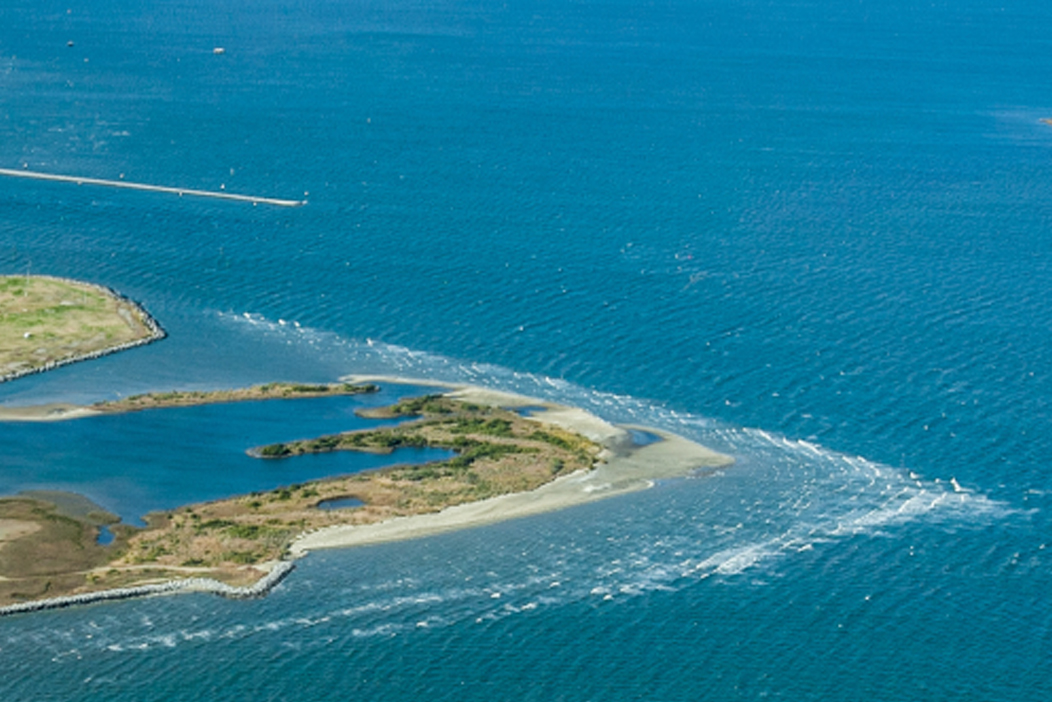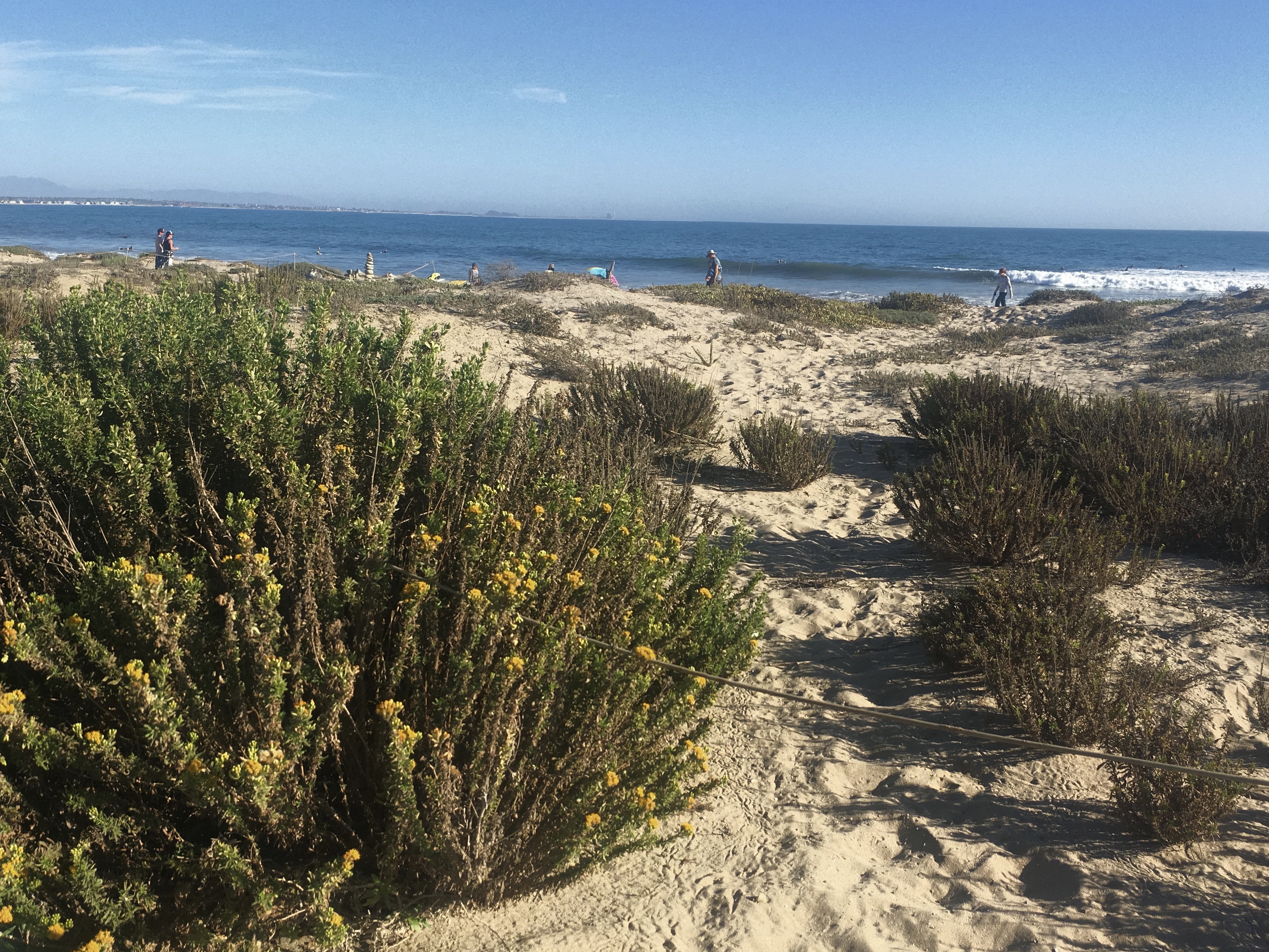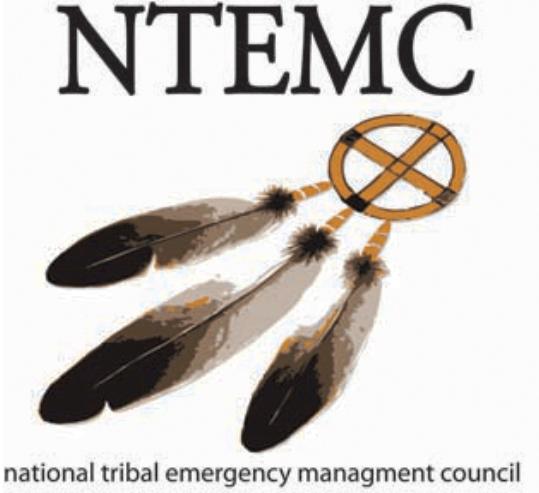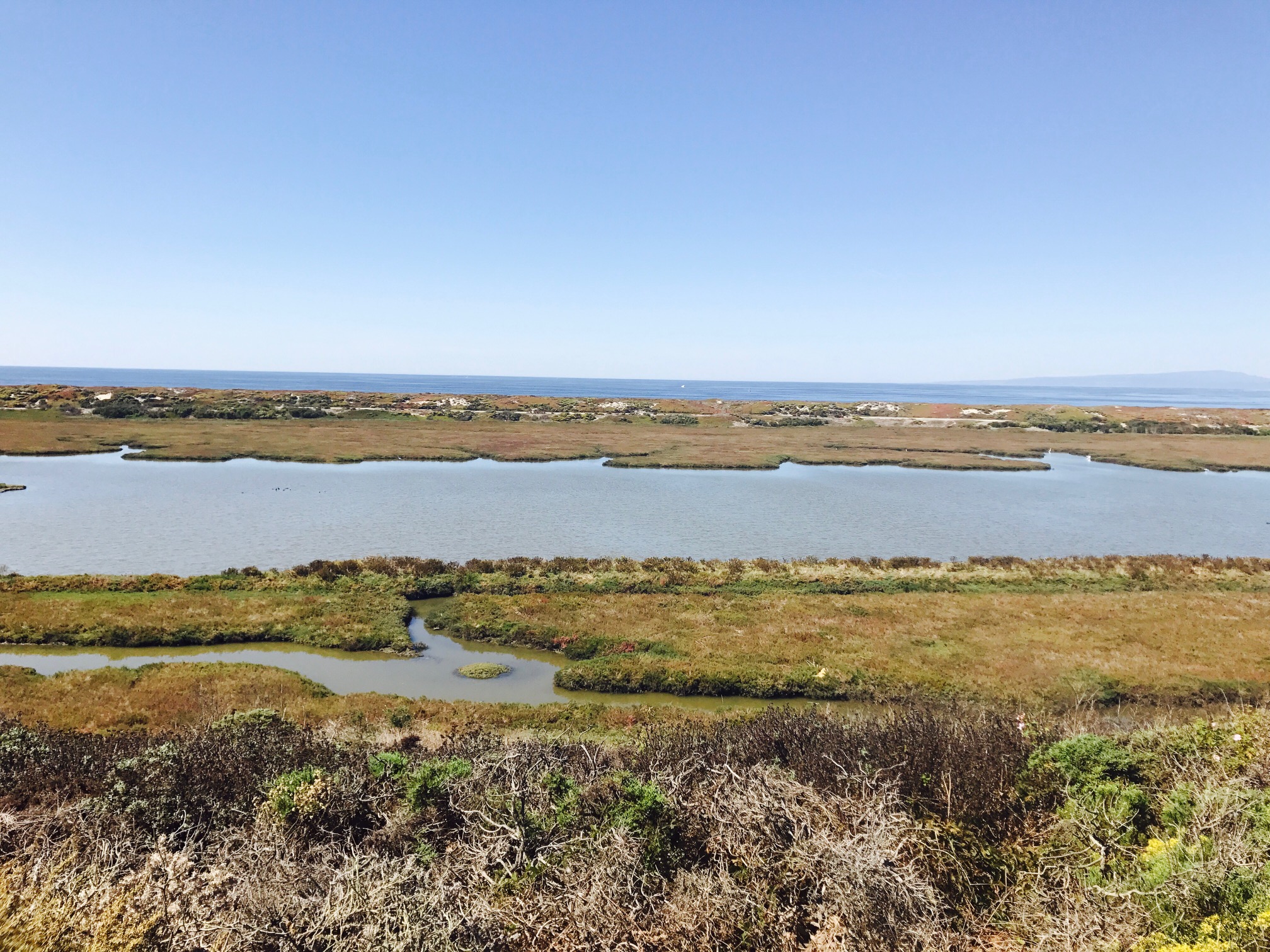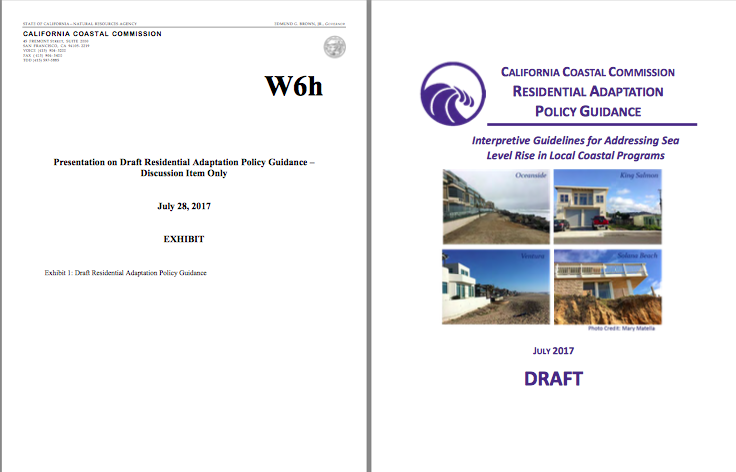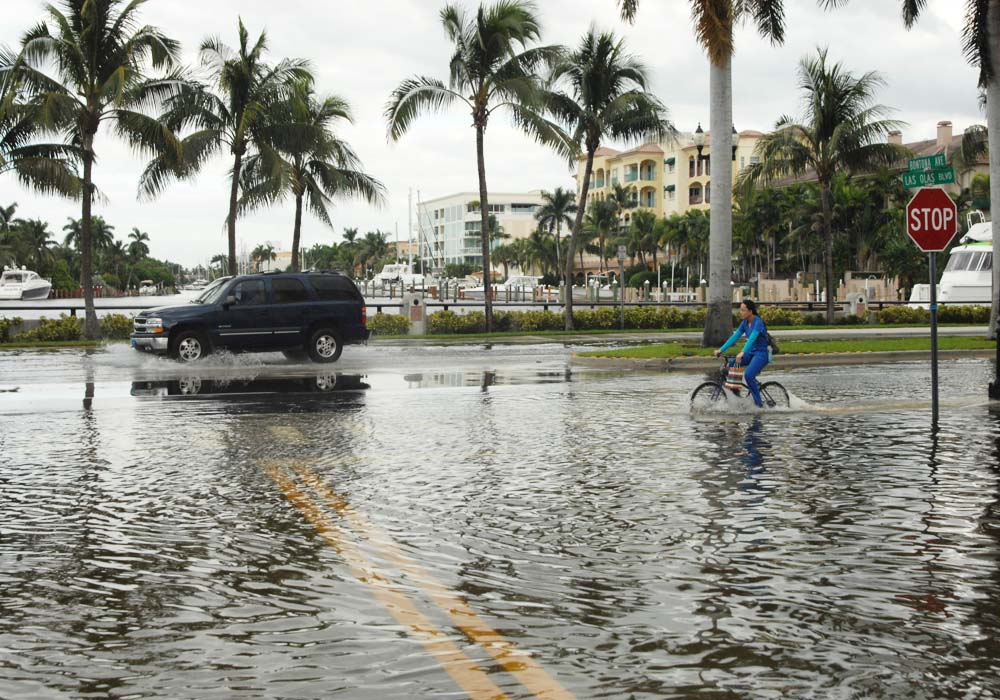California Coastal Resilience Network
About
Mission
The California Coastal Resilience Network promotes knowledge exchange to support adaptation solutions that strategically and comprehensively prepare California’s coastal habitats and communities for climate induced impacts.
Niche
The Network provides a space for informal dialogue between local and state managers to improve coastal management efficiency and communication, and aims to provide local managers with the tools they need to implement nature-based multi-benefit coastal adaptation solutions.
What we do
Network members meet monthly via webinar, where experts and practitioners share lessons learned from their adaptation work to foster stronger regional collaborations and facilitate more streamlined adaptation projects across California.
Watch our video to learn more about the Network!
Membership
Individuals or organizations can become Network members by subscribing to the CA Coastal Resilience Network email distribution list. Members receive notifications about Network activities and can participate on monthly Network webinars and occasional in-person events. Network members are encouraged to suggest webinar topics and to share their own work on future webinars.
Comments & Suggestions
Do you have announcements to share, suggestions for webinar topics, or ideas about how to make the Network better? Submit your comments & suggestions here!
Upcoming Events
Steering Committee
This Steering Committee is charged with guiding the direction and activities of the California Coastal Resilience Network, including information sharing about nature-based coastal adaptation.
Steering Committee Members

Joel Gerwein
State Coastal Conservancy

Alyssa Mann
The Nature Conservancy

Maya Hayden
USGS

Kristen Orth-Gordinier
GHD

Jack Liebster
County of Marin

Rebecca Lunde
National Oceanic and Atmospheric Administration

Sarah Newkirk
The Nature Conservancy

Mandy Sackett
Surfrider Foundation
–Alternate: Stefanie Sekich-Quinn

Nick Sadrpour
GHD

Rachel Couch
State Coastal Conservancy
Related Stories and News
Support for Hope 4 Coast
The Georgia Chapter of TNC help to identify the states top climate research questions through a state-wide collaborative effort called the Georgia Climate Research Roadmap.
Case Studies of Natural Shoreline Infrastructure in Coastal California
New Case Studies show potential of nature-based infrastructure to mitigate sea level rise in California.
New Resource: Adaptation Tools for Local Governments
New Release from the CA State Coastal Conservancy -- This summer, the Conservancy hosted a Center for the Blue Economy fellow from the Middlebury Institute of International Studies at Monterey, Clesi Bennett, who was a Climate Resilience Fellow with us and conducted...
COASTAL RESILIENCE AT THE 4TH ANNUAL NATIONAL TRIBAL EMERGENCY MANAGEMENT CONFERENCE!
On September 20-22, The Nature Conservancy’s Coastal Resilience program was represented at the 4th Annual Conference of the National Tribal Emergency Management Council (NTEMC).
TNC’s Coastal Resilience featured at the Monterey County Coastal Resilience Workshop
On September 27th, The Nature Conservancy's Coastal Resilience program was represented at the Monterey County Coastal Resilience Workshop hosted by FEMA Region IX, the NOAA Office for Coastal Management, United States Geological Survey, the California Coastal...
Climate Justice Working Group Releases Guiding Principles and Recommendations for California
On August 22, the Climate Justice Working Group, with support from Greenlining Institute and Resources Legacy Fund, released a set of guiding principles and recommendations for advancing equitable climate change adaptation in California. Read more here.
CCC Releases Draft Residential Adaptation Policy Guidance
Missed the first Coastal Commission webinar on their new draft residential adaptation policy guidance? Want to submit a comment? Read on to learn how!
New Study: Protecting Socially Vulnerable Communities and Natural Resources from Dangerous Flooding
Scientists from UC Santa Cruz and The Nature Conservancy published a study that proposes prioritizing property buyouts based on flood risk, ecological value, and socioeconomic conditions.

